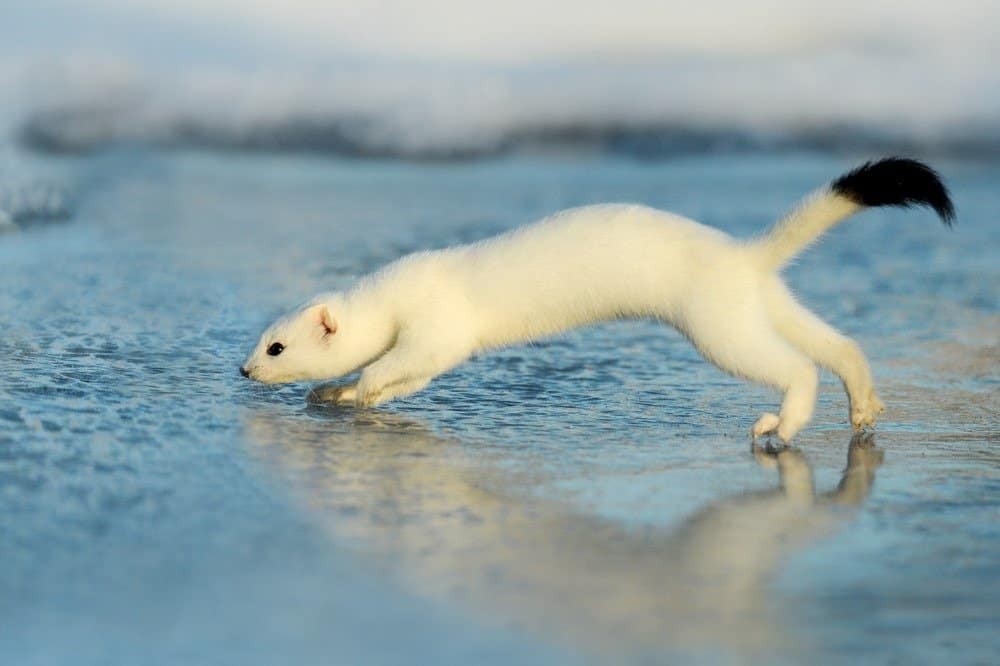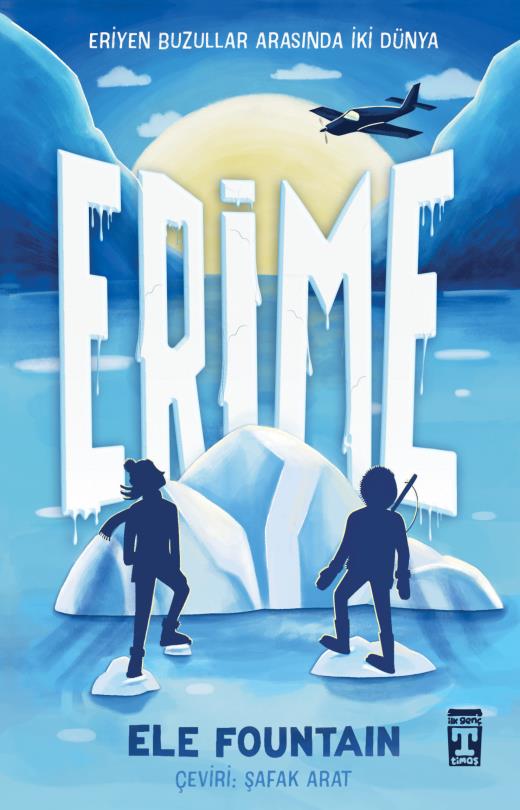The Amazing Ermine: Facts, Habitat & Behavior
What makes a creature both adorable and a formidable predator? The ermine, a diminutive but fierce hunter, defies expectations, proving that size isn't everything in the wild.
The ermine, a member of the weasel family (Mustelidae), is a study in contrasts. Its slender body, typically less than a foot long, belies a ferocious nature. This carnivore, scientifically classified in the genus Mustela, inhabits a vast range across the northern hemisphere, from the frigid Arctic to the temperate regions of Eurasia and North America. Its adaptability is remarkable, thriving in diverse habitats from snowy tundras to open grasslands and dense forests. This widespread distribution speaks to the ermine's resilience and resourcefulness.
| Characteristic | Details |
|---|---|
| Scientific Name | Mustela erminea |
| Family | Mustelidae (Weasel family) |
| Distribution | Northern Hemisphere (Eurasia and North America) including subarctic, arctic, and temperate regions |
| Habitat | Tundra, grasslands, forests |
| Diet | Carnivorous (primarily rodents, but also birds, insects, and larger prey) |
| Appearance | Slender body, short legs, long tail; brown fur in summer, white fur in winter (except for black tail tip) |
| Behavior | Solitary, territorial, active year-round, excellent hunter |
| Conservation Status | Least Concern (IUCN) |
Reference: IUCN Red List
- Bollyflix 2025 Your Guide To Bollywood Movies Streaming
- Skymovieshd Risks Dangers You Need To Know Now
The ermine's diet primarily consists of small rodents like voles and mice. However, its predatory prowess extends to animals much larger than itself, including rabbits and hares. Its even been known to take down birds, fish, and insects, showcasing its opportunistic nature and adaptability as a hunter. The ermine's slender body allows it to navigate narrow burrows and crevices, pursuing its prey with relentless determination. This tenacity, combined with sharp teeth and claws, makes it a highly effective predator.
Perhaps one of the ermine's most fascinating features is its seasonal coat change. In the summer months, its fur is a rich brown, providing camouflage against the earth and vegetation. However, as winter approaches, a remarkable transformation occurs. The brown fur is shed, replaced by a pristine white coat, blending seamlessly with the snowy landscape. This seasonal change is a crucial adaptation for survival in its northern habitats, enabling it to remain undetected by both prey and predators. The only exception to this winter white is the tip of its tail, which remains black, serving as a potential distraction for larger predators.
The ermine's historical significance extends beyond its ecological role. Its luxurious white winter fur, known simply as "ermine," has long been prized for its beauty and rarity. For centuries, it adorned the robes of royalty and nobility in Europe, becoming a symbol of purity, power, and prestige. This historical association further adds to the mystique surrounding this small but remarkable creature.
- Kannada Movies 2023 Top Picks Where To Watch Them
- Troubleshooting Google Search No Results Fixes For Common Issues
While the ermine's population remains relatively stable, it faces ongoing threats from habitat loss and fragmentation due to human activities. Climate change also poses a significant challenge, potentially disrupting its delicate ecosystem and impacting its prey populations. Conservation efforts are crucial to ensure the long-term survival of this remarkable species and maintain the biodiversity of its northern habitats.
From the icy Arctic to the temperate forests, the ermine's adaptability and fierce spirit allow it to thrive. Its story is a testament to the power of adaptation and the fascinating complexities of the natural world. This small but mighty predator continues to captivate and inspire, reminding us that even the smallest creatures can play a vital role in the intricate web of life.
The term "erime," while often associated with the animal, also has other meanings. In Turkish, "erime" refers to the physical process of melting or thawing. This dual meaning, connecting a creature of the cold north with the transformation of matter from solid to liquid, adds another layer of intrigue to the ermine's story. Whether referring to the sleek predator or the phase transition of matter, the word "erime" evokes a sense of change and transformation.
Understanding the nuances of the word "erime" in different contexts provides a richer appreciation for both the animal and the scientific concept it represents. This linguistic connection underscores the interconnectedness of language, nature, and scientific understanding.
The melting point, a crucial physical property of matter, is the temperature at which a solid transforms into a liquid state. This transition requires the absorption of heat energy, breaking the bonds holding the solid's molecules in a fixed structure. The melting point varies significantly between different substances, reflecting the strength of these intermolecular forces. For example, ice (water in its solid form) melts at 0C, while iron melts at a much higher temperature of 1538C.
The study of melting points is essential in various scientific and industrial applications. It helps in identifying unknown substances, determining the purity of materials, and understanding the behavior of matter under different temperature conditions. From metallurgy to materials science, the concept of melting point plays a fundamental role in shaping our understanding of the physical world.



Detail Author:
- Name : Luz Dietrich
- Username : delphia.feeney
- Email : cecil.hirthe@harber.com
- Birthdate : 2005-12-02
- Address : 9010 Mya Village West Jenachester, UT 15748
- Phone : +1.361.572.7785
- Company : Stanton-Daniel
- Job : Fashion Designer
- Bio : Et et tempore corrupti distinctio corporis ut. Illo nisi ducimus enim quae magni qui. Culpa nihil itaque nihil. Accusantium labore nisi ad.
Socials
linkedin:
- url : https://linkedin.com/in/alessandra.larkin
- username : alessandra.larkin
- bio : Unde aliquam eaque ut totam consequuntur aliquid.
- followers : 5956
- following : 2175
facebook:
- url : https://facebook.com/alarkin
- username : alarkin
- bio : Id aut est aliquam autem.
- followers : 3219
- following : 1097